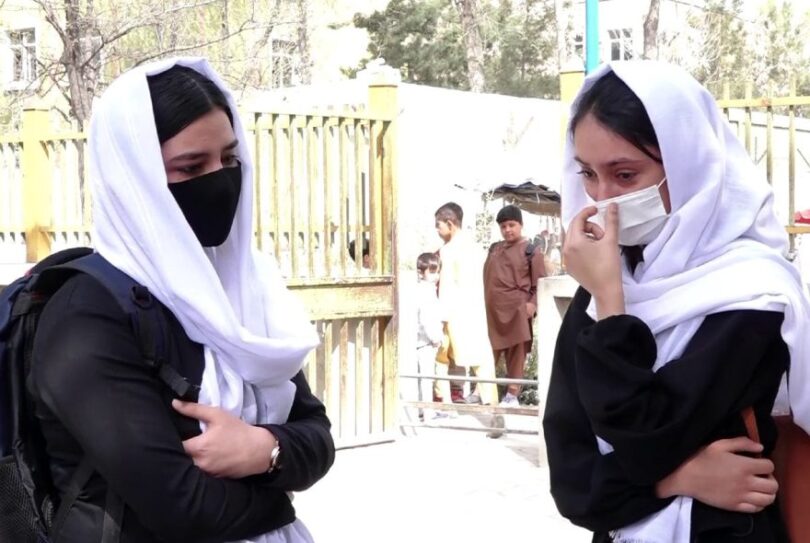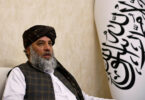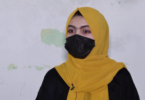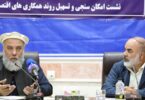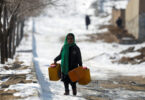Tabasum Nasiry
The ongoing ban on girls’ education in Afghanistan has raised global alarm for the past two years, making Afghanistan the sole country where girls are prohibited from attending school. These restrictions have also triggered significant international responses on World Education Day.
Special Representative of the United Nations Secretary-General in Afghanistan, Amnesty International, the World Food Program, the UN Women, the UN High Commissioner for Refugees, Rina Amirí, the Special Representative of the United States for Afghanistan, Hamid Karzai, the former President of Afghanistan, and several other human rights organizations have strongly condemned the ongoing prohibition of girls’ education in Afghanistan.
On World Education Day, Roza Otunbayeva, the Special Representative of the UN Secretary-General in Afghanistan, highlighted that the continued exclusion of girls from education in Afghanistan isolates the country globally. She emphasized that girls’ education is not only desired by Western countries but also by Islamic nations.
She stressed, “I urge the authorities (Taliban) to understand that education is not just a moral obligation, but a vital necessity for the well-being and peace of society.”
Amnesty International has also launched a signature collection campaign to support girls’ education in Afghanistan, calling on its supporters worldwide to sign the petition and expand the campaign to protect girls’ education.
In a statement, Amnesty International said, “On World Education Day, Afghan girls share their stories, expressing both heartbreak and hope, as their fundamental human right to education continues to be violated by the Taliban.”
The human rights organization known as “Freedom Now” also emphasized that Afghanistan is the only country where women are deprived of education and insisted that women’s demands for meaningful international action against the interim government in Afghanistan should not be ignored. According to this organization, the continuation of restrictions against women in Afghanistan is a “violation of international laws.”
The UN High Commissioner for Refugees also announced that despite the challenges, “education is the beacon of hope for Afghans,” as they continue to support and promote the education of girls and boys in Afghanistan.
Rina Amirí, the Special Representative of the United States for Afghan Women, condemned the ongoing prohibition of girls’ education in Afghanistan on the occasion of World Education Day.
She stated that the Taliban administration’s restrictive actions have deprived 2.5 million girls of access to education over the past two years, and she called on the global community to stand in solidarity with Afghan women and girls to address the current crisis. The United Nations Children’s Fund (UNICEF) also reported that Afghanistan has the lowest quality of education in the world. Meanwhile, UNESCO’s education, scientific, and cultural organization’s statistics indicate that after the suspension of girls’ education, 1.1 million girls and young women have had no access to formal education, and 80% of girls and women have dropped out of school.
According to this organization’s report, only 13% of children in grades two and three have basic reading skills, and only 18% have math skills.
It is worth noting that these reactions have intensified as more than two years have passed since the ban on girls’ education, and so far, no plan has been presented by the Taliban regime regarding the reopening of schools for girls.

